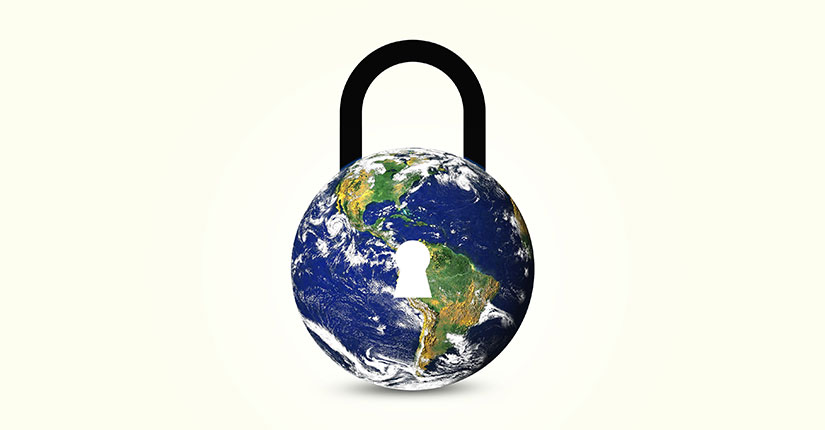WHO Tweeted That Vaccination Is Key To Achieve Universal Health Coverage & Health For All
By Nmami Agarwal 15-Jul 2022 Reading Time: 4 Mins

A new report of the World Health Organization finds that existing policies on the inclusion of refugees and migrants in national vaccine plans and their implementation vary significantly across countries and regions globally, with disparities in access based on the legal status, age, and the context in which these populations live. The report notes that most countries do not specify a clear policy on refugee and migrant entitlement to vaccination and that where more inclusive policies exist, there are often gaps in their implementation. Vaccination is key to achieving universal health coverage & Health for all, & 1 of the world’s most cost-effective public health interventions. Yet, immunization is still common among refugees & migrants.
Access to healthcare services, including immunization services, is a human right for refugees and migrants. They are critical to the prevention and control of infectious-disease outbreaks, such as COVID-19, and therefore ensure health security for all. All countries should ensure the eligibility and non-discriminatory and equitable access to vaccines for all, including refugees and migrants, along with the host population, free from any administrative, cultural, financial, linguistic, and other barriers.
Full inclusion of refugees and migrants in global and national immunization plans and vaccinations is essential to making progress towards universal health coverage. To support countries fully integrating refugees and migrants into national immunization plans, and increase access to routine vaccines, the report provides three key areas for policy consideration:
- Ensure universal and equitable access to vaccines for all refugees and migrants regardless of migrant status, age and gender through inclusive immunization policies; communication, engagement strategies; cost-free delivery of vaccines; integration between immunization and other health programs to strengthen primary health care.
- Strengthen health systems to provide catch-up vaccination in mobile populations across the life course to close existing immunization gaps, and ensure adequate resources for these activities through increased national vaccine capacity; improved accessibility and outreach capacity of immunization services and primary care providers to promote vaccine uptake.
- Strengthen data collection to monitor immunization coverage and service delivery gaps in refugee and migrant populations through financial support for national data collection and analysis; immunization information systems to capture vaccination coverage data; robust, large-scale studies to identify the drivers of under-immunization and vaccine hesitancy.
Over To You:
Vaccines give everyone the opportunity to reach their full potential and pursue a life well-lived but can only deliver if they reach everyone who needs to be vaccinated and is distributed equitably including refugees and migrants.





















